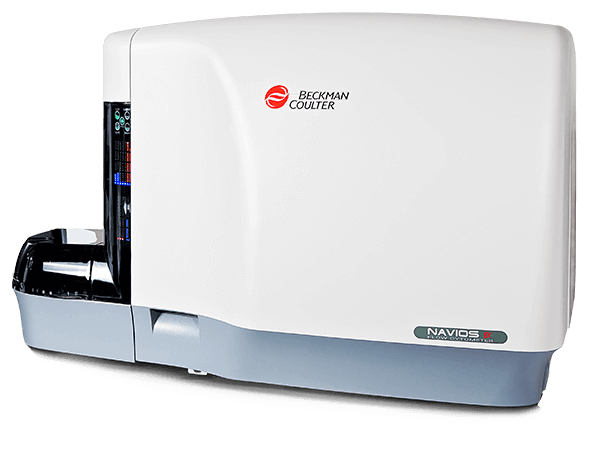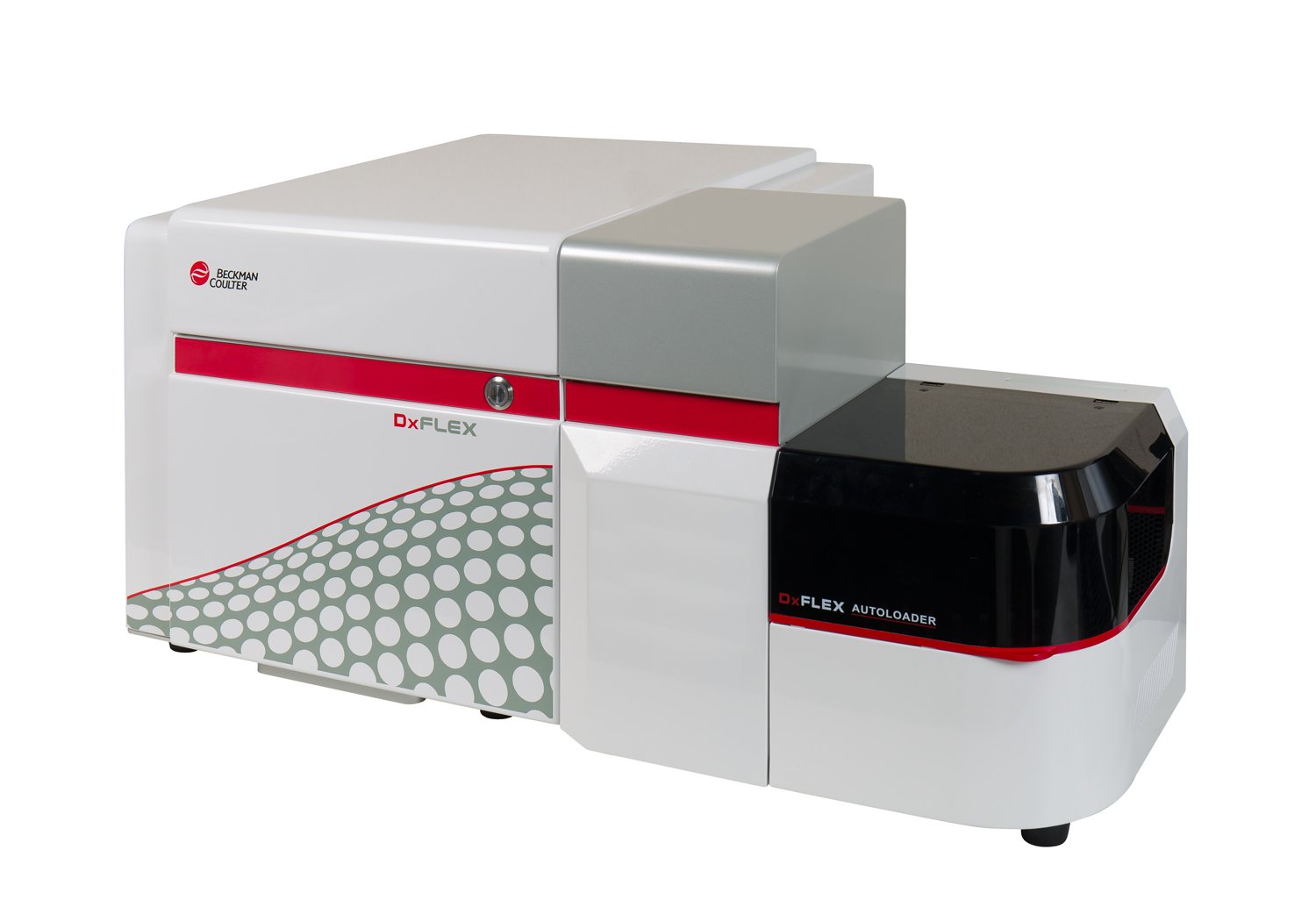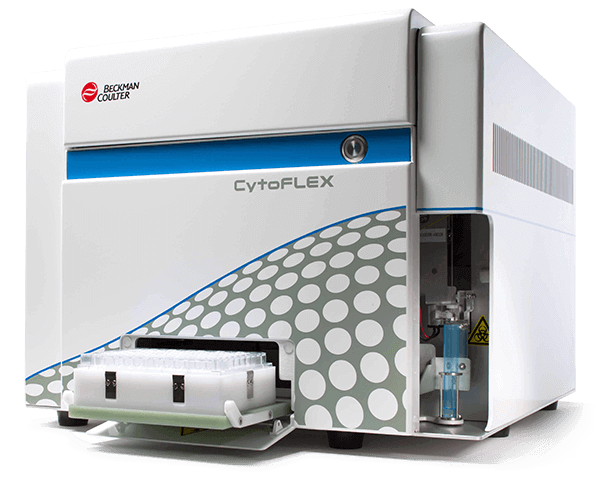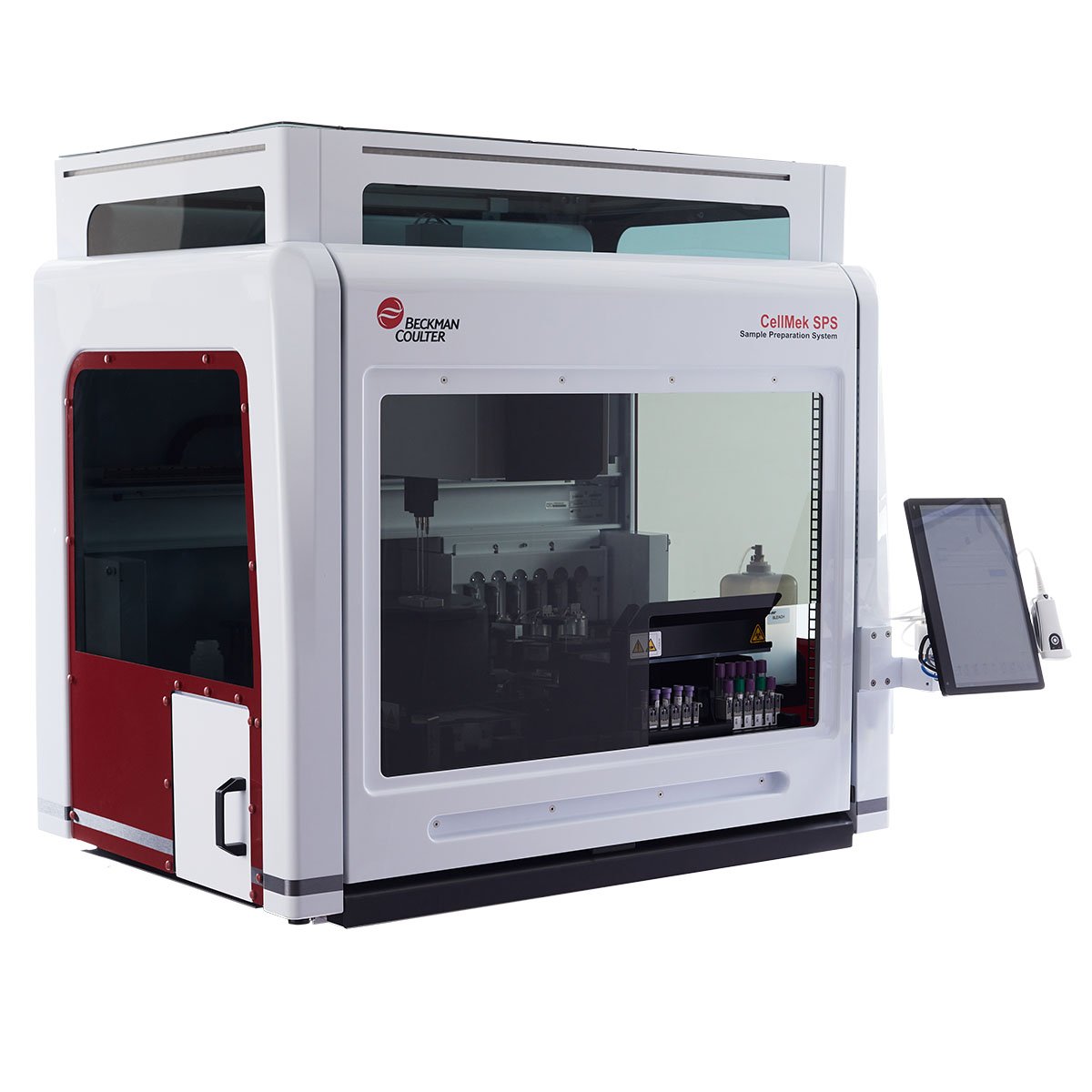CD23 Antibodies
The CD23 antigen (also called B6) is a transmembrane glycoprotein with a molecular weight of 45 kDa, spatially associated with the major histocompatibility complex (MHC) Class II antigen. The CD23 molecule, also named FcεRII is the low affinity receptor for IgE. CD23 antigen is primarily expressed on B lymphocytes and monocytes. It is also present on a large variety of other cells such as T lymphocytes, eosinophils, platelets, Langerhans cells, follicular dendritic cells (FDC), a subset of thymic epithelial cells and neutrophils. On B lymphocytes, CD23 expression is up-regulated upon activation and ultimately lost upon differentiation towards secreting-plasmocytes. A soluble form of CD23 (sCD23) exists and may be involved (like CD23) in the regulation of IgE synthesis and inflammatory phenomenon.
| Clone: HD50 (B6) | Isotype: IgG2b Mouse |
| Clone: 9P25 | Isotype: IgG1 Mouse |
| 9P25 blocks the binding of IgE. | |






